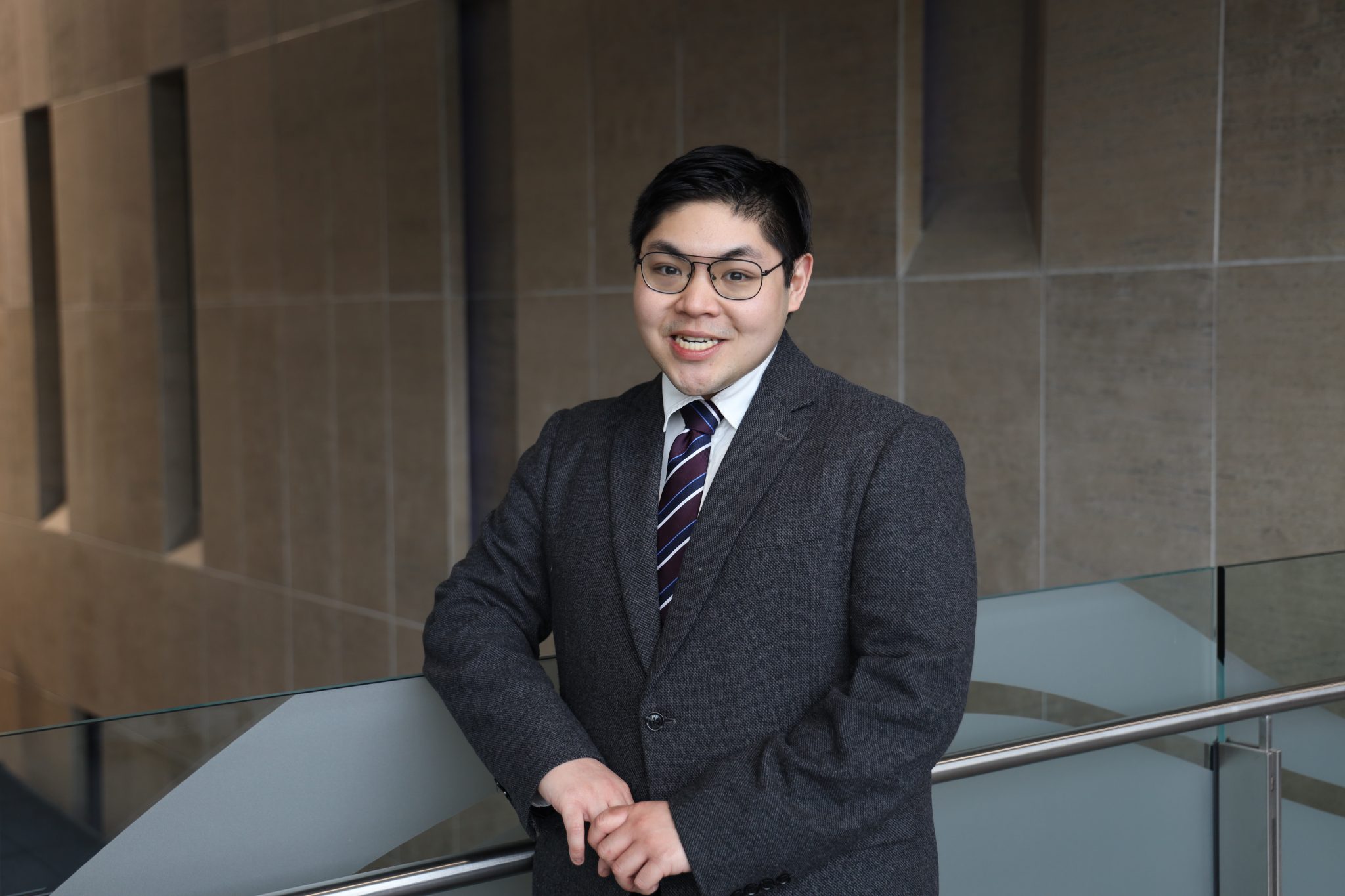SPPA alumnus and instructor, Sancho Angulo, who is autistic, is the driving force behind Infinity – a network dedicated to supporting neurodivergent employees in Canada’s federal public service.
By Jena Lynde-Smith
Neurodivergent describes people with cognitive functions that differ from what society considers to be ‘normal,’ encompassing neurological conditions such as autism, attention deficit hyperactivity disorder (ADHD), dyslexia and Tourette’s syndrome. These conditions can manifest as differences in social interaction, communication and sensory processing.
In Canada, the employment landscape for neurodivergent individuals starkly contrasts that of the general population. Only one-third of people with autism are employed compared to the employment rate of 79 per cent for the general population. This disparity is exacerbated by attitudinal barriers. In a recent study, 56 per cent of autistic workers felt they were treated differently upon disclosing their autism at work.
Carleton University alumnus and instructor, Sancho Angulo, who is autistic, is the driving force behind Infinity – a network dedicated to supporting neurodivergent employees in Canada’s federal public service.
“As the nation’s largest employer, Canada’s federal government has the potential to set the stage for diversity and inclusion practices at work – but the first step is awareness,” says Angulo, who graduated from Carleton’s Master of Public Policy and Administration program in 2022.

Sancho Angulo, Carleton public policy alumnus and contract instructor (photo by Brenna Mackay)
A Network for Neurodivergent Employees
Angulo is an acting engagement advisor with the Office of Public Service Accessibility at the Treasury Board of Canada Secretariat. He was inspired to launch Infinity because of his own experiences with workplace discrimination.
“I’ve had people in past organizations I have worked with tell me that I did not have the temperament for leadership, I’ve been passed over for leadership positions on the account of being autistic,” he says.
“I want to make sure that situation – where someone is condescended and excluded based on prejudice – doesn’t happen to other neurodivergent people.”